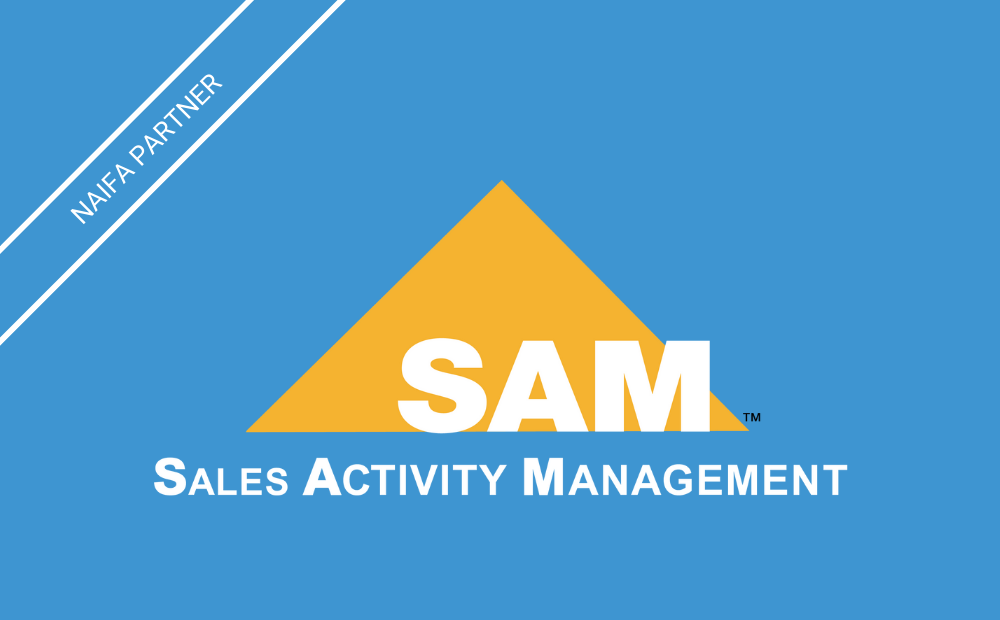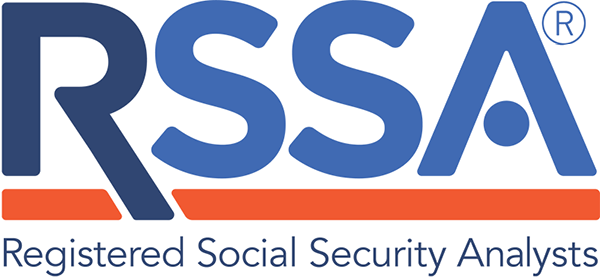Financial literacy is a critical life skill that’s becoming more important as today’s students prepare to navigate a changing financial landscape. According to a 2024 report by Tyton Partners and Next Gen Personal Finance, just one personal finance course in high school can translate into a lifetime benefit of nearly $100,000. That powerful statistic should prompt action from policymakers, educators, and communities nationwide.
This value comes from real, measurable outcomes. Students who receive financial education early are also more likely to avoid costly credit card mistakes, access affordable funding for college, and build wealth over time through informed investing.
The demand for financial literacy education is growing, and states are responding. As of April 2025, 30 states now require high school students to complete a personal finance course to graduate, and 44 additional bills are under consideration across 17 states.
NAIFA has long recognized financial literacy as a cornerstone to economic empowerment and long-term security. That’s why NAIFA advocates for robust financial education standards at both state and national levels. Examples:
- In Colorado, NAIFA has supported House Bill 1192, which would require high school students to take a financial literacy course and complete federal or state aid applications like FAFSA or CASFA as graduation requirements.
- NAIFA-Colorado IFAPAC Chair Brent Jones testified in support of the bill, which has passed the House Education Committee and is now awaiting review in Appropriations.
- In Washington, NAIFA supports Senate Bill 5327, a bipartisan effort to elevate educational standards, including personal finance education. This bill directs the State Board of Education to review and update standards, helping lay the groundwork for a future financial literacy requirement in the state.
- NAIFA participates in the Financial Education Resource Fair co-chaired by Reps. Joyce Beatty (D-OH-03) and Young Kim (R-CA-40).
NAIFA is also a proud member of FinEd50, a national coalition led by the Council for Economic Education (CEE). Partnering with organizations like Visa and Intuit, NAIFA pushes for policies that expand access to personal finance education nationwide, strengthening our commitment to financial well-being for all Americans.
Recent studies highlight the urgent need for financial literacy education. Nearly 40% of teens are concerned they won’t have enough money for their future and a staggering 80% have never heard of a FICO score, a key element in financial decision-making.
Misunderstandings about interest rates, loans, and credit continue to hinder young adults from building a stable financial foundation. By teaching essential skills like budgeting, investing, credit management, and long-term planning, financial literacy courses empower students to make informed choices and confidently navigate life’s most important financial decisions.
As more states take action, NAIFA encourages lawmakers, school boards, and community leaders to continue prioritizing financial literacy. The benefits are clear, the demand is growing, and the stakes are too high to ignore. Financial literacy is one of the best investments we can make in our future, and it starts in high school.




%20%20(1).png)




.png?width=300&height=600&name=Tax%20Talk%20Graphic%20-%20email%20tower%20(300%20x%20600%20px).png)
